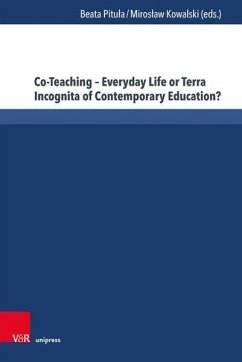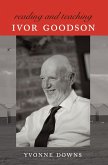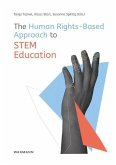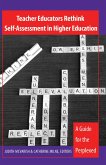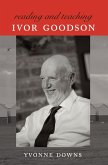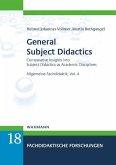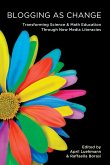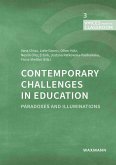Following Dawid Juraszek's statement that education is in a way "a conversation (face to face, in the ether, in black and white)", the contributors, representing various scientific disciplines and various scientific centers in Poland and the Czech Republic, have started a discussion on co-teaching as a proposal for the school/university work in the next decade of the 21st century, hoping that the thoughts contained herein will prove helpful to all critically thinking and continuously improving teachers, academic staff and candidates for the profession. The publication consists of four interrelated parts: (1) teacher creator and implementer; (2) co-teaching in the educational practice of schools consists of reflections on the possibilities and real use of co-teaching in teachers' everyday work; (3) examples of co-teaching in academic education and (4) reflection on co-teaching. They all add up to a holistic picture of coteaching as it is implemented in current educational practiceand can provide a basis for further research and discussion on this teaching strategy.
Bitte wählen Sie Ihr Anliegen aus.
Rechnungen
Retourenschein anfordern
Bestellstatus
Storno

